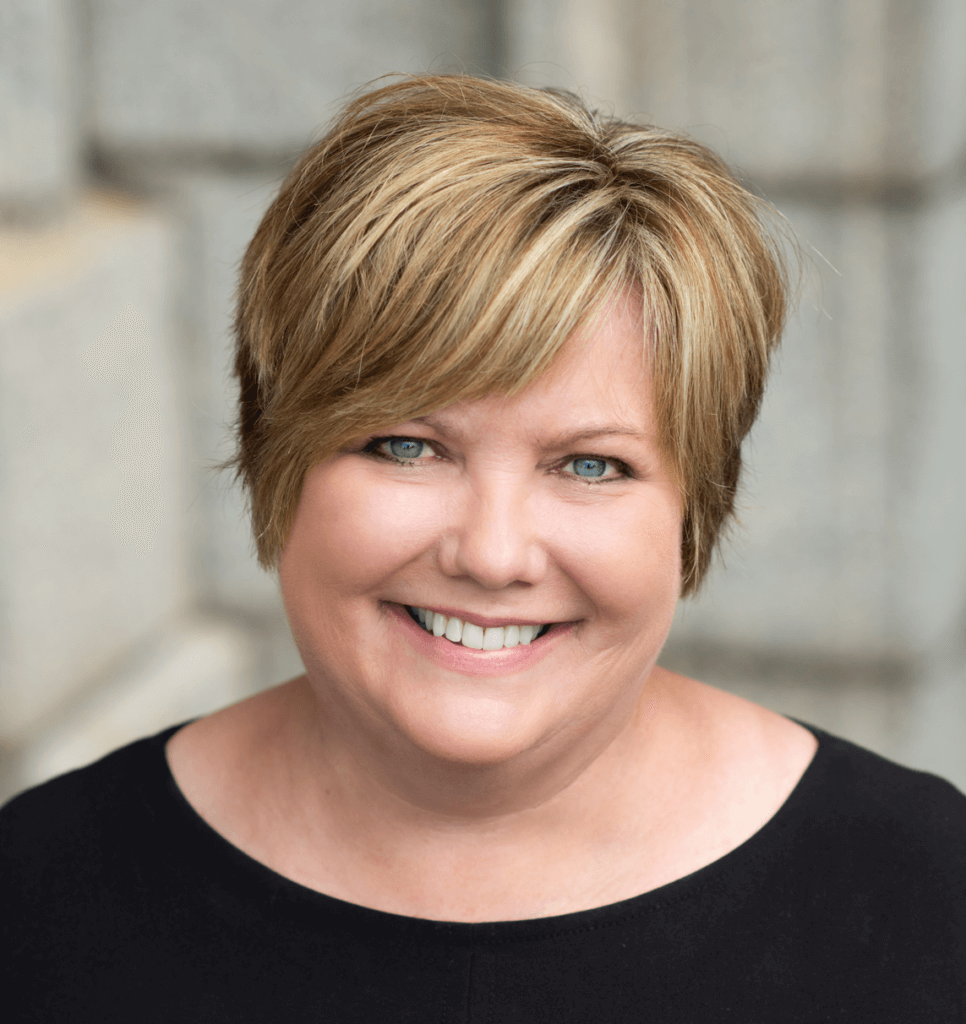
Minnesota educators don’t get enough credit.
We’ve met more challenges and maneuvered around more obstacles this school year than anyone could describe.
Almost every educator I know is too humble to accept the label, but I’m not ashamed to call the collective effort to keep our schools operating “heroic” during this unprecedented time.
The conversations about how to work safely started in August and the decisions were different in nearly every district, but the spirit of collaboration and desire to create safe learning environments was shared across the state.
It was frustrating and exhausting, but educators kept going to work as the professionals they are.
Education Minnesota President, Denise Specht
We found ways to teach from a distance and in person—and sometimes both at the same time. Our students kept learning, often in new ways. Sometimes we had to fight to keep our most at-risk colleagues safe.
We endured a scary spike in infections in November and worked through shifting and confusing guidance about the new coronavirus from the federal and state governments.
It was frustrating and exhausting, but educators kept going to work as the professionals they are. If the next edition of the dictionary needs to illustrate the word “fortitude,” I think a photo of any Minnesota educator will do.
Many educators showed tremendous courage in the face of exasperated and angry parents who had been persuaded that the virus that has killed more than 7,300 Minnesotans, including seven school staff members and one student, was a hoax.
Many of our colleagues received abuse and violent threats for teaching honestly about the racial reckoning our nation has gone through since the police killing of George Floyd, or for simply creating safe spaces in their schools for LGBTQ students.
I worry one legacy of this pandemic year will be a wider audience for the small group of politicians who stoke fear about our schools and try to dictate what educators say in an effort to prevent students from learning a more honest account of our state and national history—an account that includes some hard truths about race, gender and class.
Nonetheless, we expect all schools will be operating close to normal in the fall—in person and with fewer safety protocols. But as I look back, I see the solidarity, empathy, selflessness, professionalism and bravery among our members that makes me proud to be president of our union.
The school year is almost over, as I write this, but there’s still some work to do. The crucible of this pandemic year reminds us that the status quo not only doesn’t work, but it also makes our schools and students vulnerable to the next emergency.
Our profession loses too many educators early in their careers and doesn’t attract enough talented young people, especially people of color. Staffing is too thin all around and there is a crisis-level shortage of social workers, counselors and school nurses to support the social and emotional health of students.
Too many of us work in substandard buildings. Too many work for wages that don’t sustain their families or pay for health insurance. Too many educators work so hard they damage their own health. I could go on and on.
Legislators need to hear from us for a few more weeks about the needs of our students before the Legislature finishes its budget in June. After that, it is my deepest hope that every educator can take some time to recharge and see to their own mental health and the health of their families.
It’s been quite a school year. Be proud of what you’ve accomplished. Take care of yourself this summer. Then come back strong in the fall and be ready to give every student, no matter where they live or what they look like, an education that will let them pursue their dreams.
Together,
Denise Specht
Twitter: @DeniseSpecht


